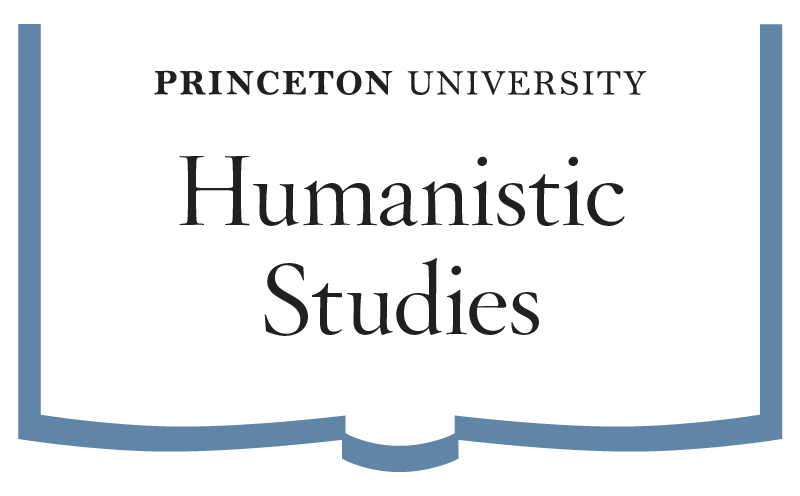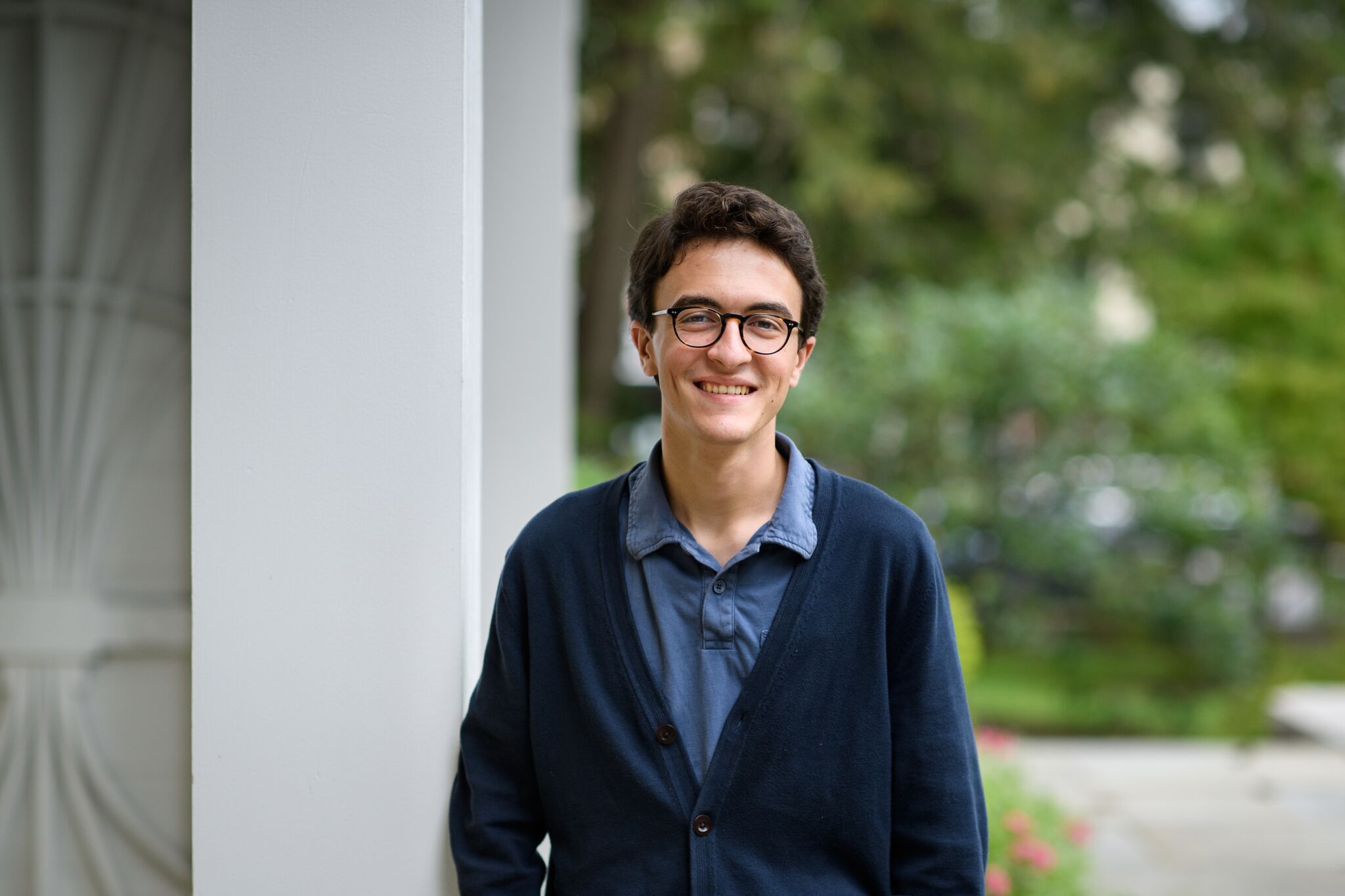aisraeli@princeton.edu
I am a History major with certificates in Humanistic Studies, African American Studies, and European Cultural Studies.
Role(s) held in the Humanistic Studies Program:
Humanities Mentor, Behrman Society
Activities on campus:
Writer and former managing editor of the Princeton Progressive magazine; founder and editor of Foundations: A Journal of Critical Thought; Humanities Correspondent with the Princeton Correspondents on Undergraduate Research; editor with the Princeton Historical Review; pianist with the Princeton Jazz Vocal Collective
Honors:
2018–2019 Shapiro Award for Academic Excellence
2018 Humanities Council Haarlow Prize
Why I decided to study the humanities:
The humanities, and history in particular, have really been all I have ever wanted to study. That said, I have realized more and more the humanities’ importance as reflexive or self-aware disciplines. This aspect of the humanities—that they can lead one to study not only a given object, but also oneself, one’s method, and the others around oneself—continues to fascinate me.
What I have gained from the humanities:
Along with the pleasure studying the humanities has given me, such study has led me to both appreciate and interrogate the world around me in a more critical (though not too critical) way.
Independent work:
I am generally interested in intellectual history, labor history, and their overlaps, especially in 19th century America and the Atlantic world. My research focuses on debates over slavery and free labor in the antebellum period. For my thesis, I am planning to explore the ideology of race and labor espoused by cotton planters in the lower Mississippi valley from roughly 1845 to 1861, hopefully in conversation with existing discourse on labor management, race science, and revolutionary politics in the northern US and Europe. Other academic interests of mine include political theory and Jewish history.
HUM Sequence fall break trip:
I went on the HUM trip to Rome fall break of my sophomore year. While there, I conducted a small research project on the Great Synagogue of Rome. As the synagogue was built as a symbol of Jewish emancipation in a newly unified Italy, I was interested in studying how its architecture and place in the Roman Jewish community reflected tensions of assimilation, acculturation, and liberal political belonging experienced by Jews in a nominally secular though still thoroughly Christian society.
Overall, the trip was truly wonderful. It was particularly exciting to actually experience the great variety of material culture we discussed in HUM as a complement to our readings; on the trip, the texts we had read seemed to jump off of the page.













